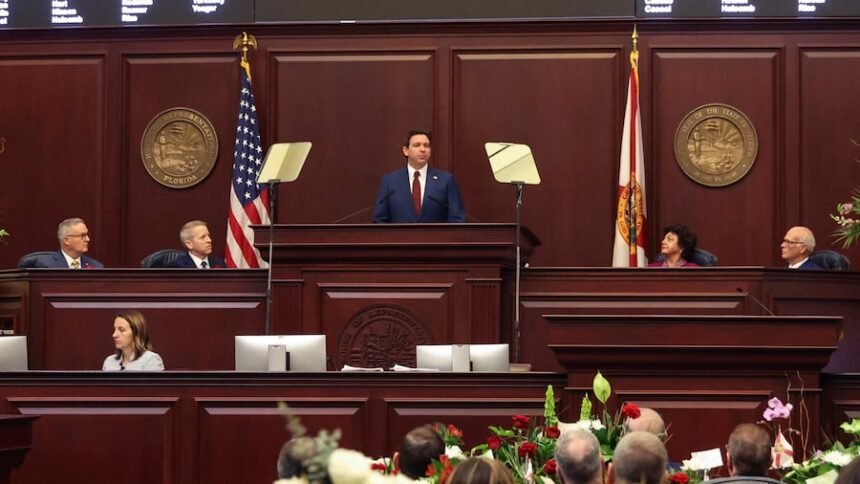As Florida braces for another hurricane season, the impact of these powerful storms on the state’s infrastructure and communities continues to be a pressing concern for lawmakers. With climate change contributing to the increased frequency and intensity of hurricanes, the state must reassess its approach to resilience and reconstruction. Senate President Kathleen Passidomo emphasized the need for a “whole new philosophy of reconstruction and resilience” as Florida prepares for its legislative session.
Understanding the Challenge
Hurricanes have long posed a significant threat to Florida, leading to loss of life, widespread destruction, and massive economic repercussions. Each storm not only tests the state’s emergency response systems but also highlights the vulnerabilities in housing, transportation, and essential services. With rising sea levels and changing weather patterns, the urgency to adapt our infrastructure and policies has never been greater.
The Imperative for Resilience
Senate President Passidomo’s call for a new philosophy underscores the necessity for innovative and sustainable solutions. Here are some aspects lawmakers might consider:
1. Reinforced Infrastructure
Investing in stronger infrastructure is critical. This could mean retrofitting bridges, improving drainage systems, and strengthening buildings to withstand hurricane-force winds. Creating standards for construction that prioritize resilience can reduce damage and speed up recovery.
2. Community Preparedness
Enhancing community preparedness programs is essential. This includes providing resources and education for residents on how to prepare for hurricanes, including evacuation plans and emergency kits. Strong community ties can help mitigate the impact during disasters.
3. Investment in Technology
Utilizing technology for better prediction and communication is vital. Enhanced weather forecasting models can help provide earlier warnings and more accurate information about developing storms. Additionally, using technology to monitor infrastructure can assist in assessing vulnerabilities.
4. Sustainable Practices
Integrating sustainable practices into reconstruction efforts is important for long-term resilience. This could involve using renewable energy sources, improving urban planning, and incorporating natural barriers such as wetlands to absorb storm surges.
5. Funding and Resources
Lawmakers will need to consider how to allocate funding effectively. This may involve changes to state budget priorities, seeking federal assistance, and encouraging private-sector investment in infrastructure improvements.
Addressing Insurance and Affordability
Another vital topic likely to arise in legislative discussions is the state of Florida’s insurance market. After several costly hurricane seasons, homeowners face rising insurance premiums, which can put a strain on individuals and families. Addressing the affordability of insurance is critical to ensuring that residents can adequately protect their homes.
Conclusion
As Florida prepares for the upcoming legislative session, hurricanes will be at the forefront of discussions among lawmakers, with a renewed focus on resilience and reconstruction. With leaders like Senate President Kathleen Passidomo advocating for significant changes in policy and infrastructure, there is an opportunity to foster genuine progress. By adopting a comprehensive approach to resilience, Florida can better protect its communities and economy against the inevitable impacts of future hurricanes. The time for proactive planning and action is now—a pivotal moment for the state’s safety and wellbeing in the face of climate challenges.


Leave a Reply